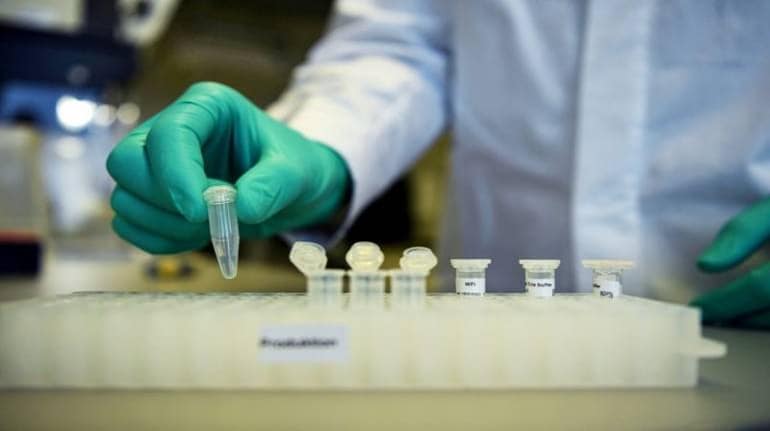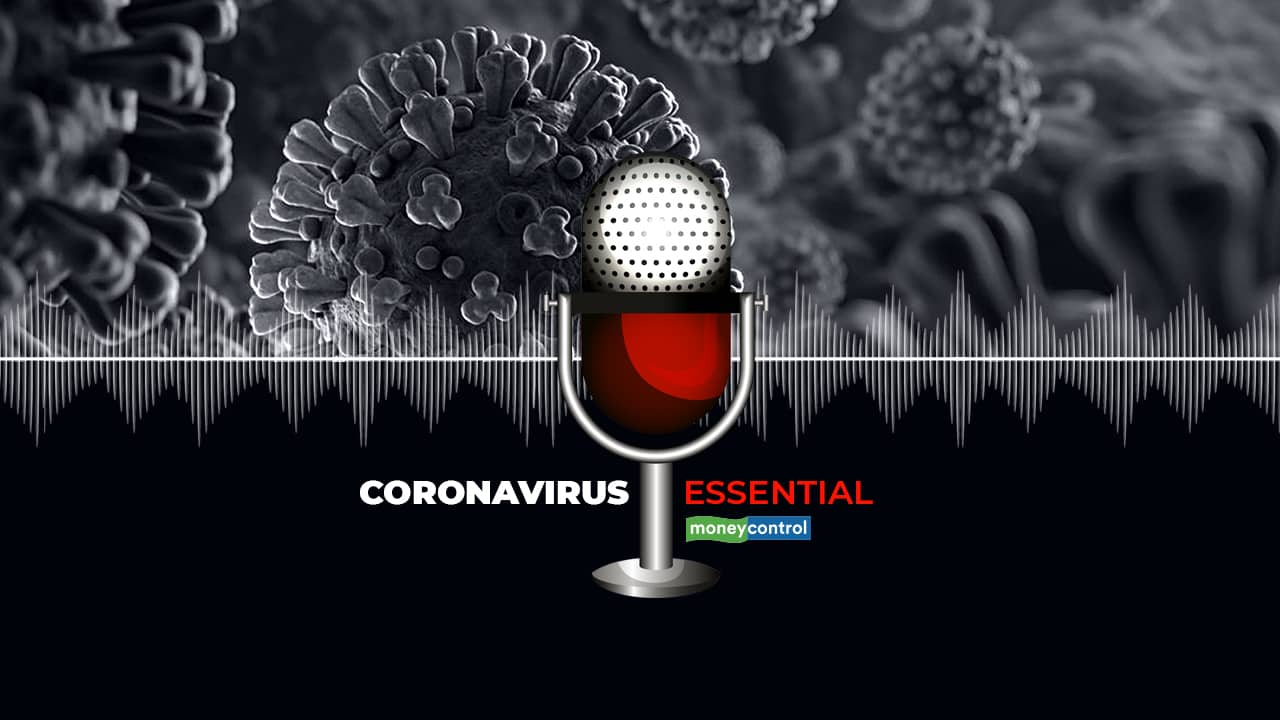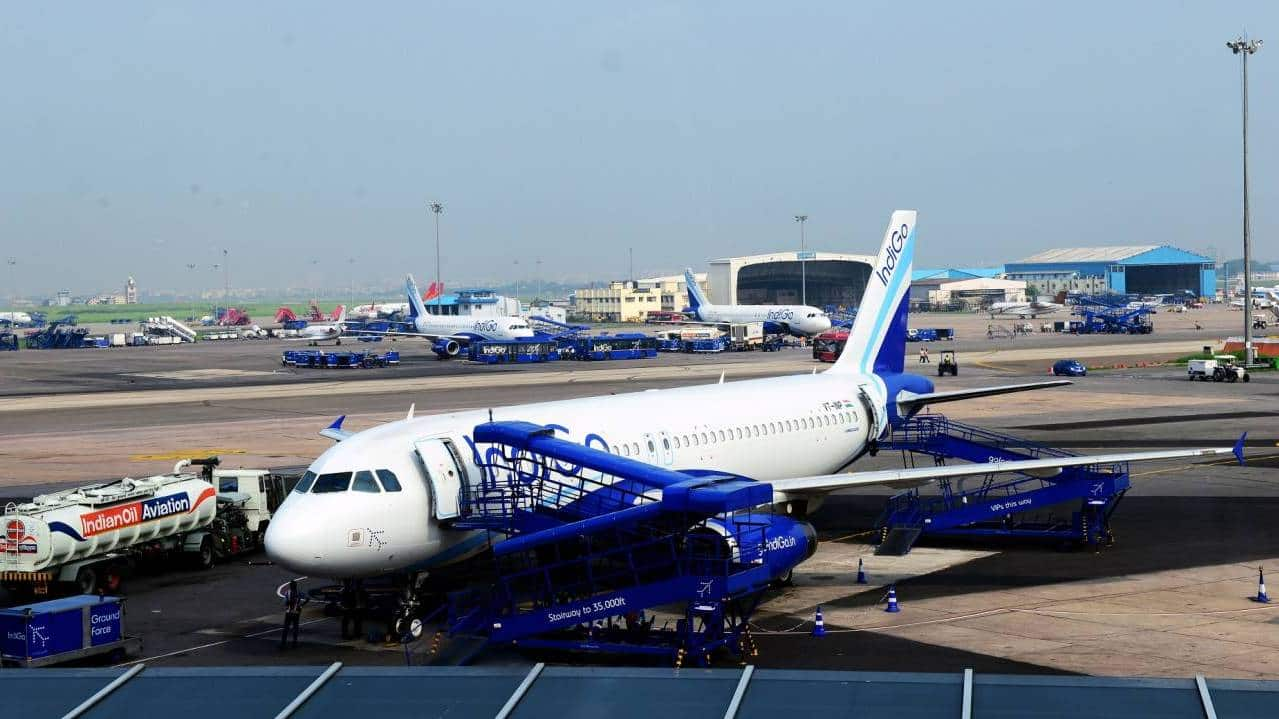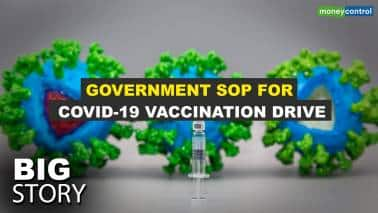US President Donald Trump on December 14 tweeted that the first COVID-19 vaccine has been administered in the country.
"First vaccine administered. Congratulations USA! Congratulations WORLD!" Trump tweeted.
According to news agency AFP, a nurse in New York was the first to receive the jab.
Sandra Lindsay, a critical care nurse at the Long Island Jewish Medical Center, received the shot live on television shortly before 9:30 am ET.
Follow our LIVE Blog here.
With this, the largest vaccination campaign in the history of the US has started, according to The Associated Press.
The development comes days after the US Food and Drug Administration (USFDA) on December 11 approved the Pfizer-BioNTech COVID-19 vaccine for emergency use.
That was the first COVID-19 vaccine candidate granted emergency use authorisation (EUA) in the Unites States, the country most affected by the pandemic.
Also read: Serum Institute 'hopeful' of EUA by December-end, India vaccination drive could begin from January, says Adar Poonawalla
The US has so far recorded nearly 16 million (1.6 crore) cases of the novel coronavirus and nearly 300,000 (3 lakh) deaths.
In a video statement released on Twitter, Trump had earlier said the US will start administering the Pfizer-BioNTech COVID-19 vaccine "in less than 24 hours" and will be "free for all Americans".
"Through our partnership with FedEx and UPS, we have already begun shipping the vaccine to every state and zip code in the country," he said, adding that governors would decide who would receive the shots first in their states.
Also read: Explainer | Where are we in the COVID-19 vaccine race?
US pharmaceutical giant Pfizer developed the vaccine against COVID-19 along with German company BioNTech. The mRNA vaccine candidate, administered in two doses, has been found to be 95 percent effective in preventing the disease.
"The FDA's authorization for emergency use of the first COVID-19 vaccine is a significant milestone in battling this devastating pandemic that has affected so many families in the United States and around the world," FDA Commissioner Stephen M Hahn said in a statement on December 11.
Residents in the United Kingdom (UK) have already begun receiving doses of the Pfizer-BioNTech on December 8, after the jab received emergency use authorisation in the country. Canada, Mexico, Saudi Arabia and Bahrain have also approved the vaccine candidate for emergency use.












_2020091018165303jzv.jpg)

























